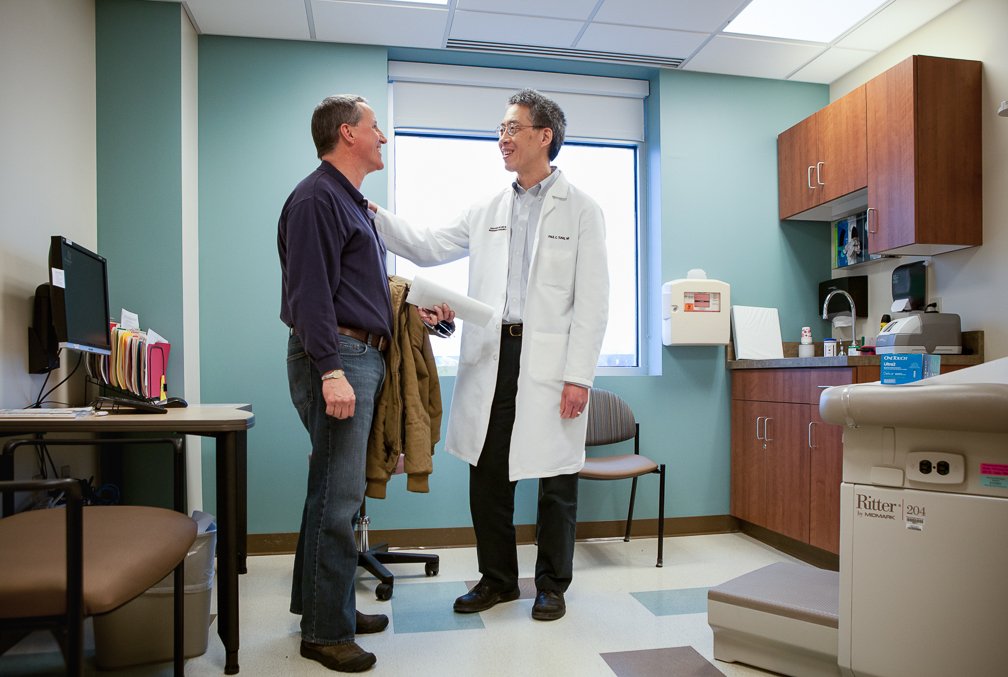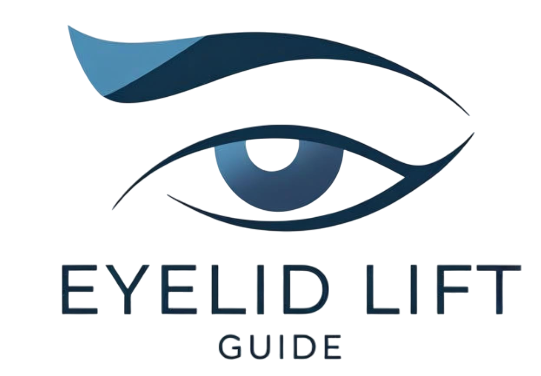How to Find a Blepharoplasty Surgeon: A Patient Safety Guide
Choosing your surgeon is the single most important decision you will make on your eyelid surgery journey. The difference between a highly qualified specialist and an unaccredited provider is not just about aesthetics—it’s about your safety and vision. This guide will provide you with a clear, step-by-step process to find a blepharoplasty surgeon you can trust, including the essential credentials to verify and the critical red flags to avoid.

The Non-Negotiables: Core Credentials to Verify
Before you even consider a surgeon’s before-and-after photos, you must verify their foundational qualifications. Consequently, these credentials are the bedrock of patient safety.
1. Board Certification: The Gold Standard
This is not optional. True board certification means a surgeon has completed years of specialized training and passed rigorous exams. For eyelid surgery, look for certification from the American Board of Plastic Surgery (ABPS) or specialization from the American Society of Ophthalmic Plastic and Reconstructive Surgery (ASOPRS). You can and should verify these credentials directly on the board’s website.
2. Experience and a Proven Portfolio
Beyond certification, you need a surgeon with specific, extensive experience in blepharoplasty. During the consultation, ask how many eyelid surgeries they perform each year (a busy specialist often performs over 50). In addition, ask to see a comprehensive portfolio of at least 20-30 of their own before-and-after photos, showing a variety of cases similar to yours.
3. Hospital Privileges & Facility Accreditation
A qualified surgeon will have operating privileges at a local hospital, even if they perform surgery in a private suite. This indicates they have been vetted by their peers. Furthermore, ensure their private surgical facility is accredited by a recognized body like AAAASF or The Joint Commission. This guarantees that strict safety and emergency protocols are in place.
The Consultation: Your Opportunity to Investigate
The consultation is your chance to interview the surgeon. A good surgeon will welcome your questions and provide transparent answers.
Key Questions You Must Ask:
- What are your board certifications and how can I verify them?
- Which eyelid surgery technique do you recommend for me, and why?
- Can you show me before-and-after photos of patients with similar concerns to mine?
- What are the specific risks in my case, and how do you handle complications?
- What is included in the final price quote, and what is your revision policy?
Green Flags vs. Red Flags During the Consultation
Pay close attention to how you feel during the meeting. A «green flag» is a surgeon who listens patiently, explains risks thoroughly, and never pressures you to book on the spot. Conversely, a «red flag» is a surgeon who seems rushed, dismisses your concerns, guarantees «perfect» results, or uses high-pressure sales tactics. If you feel uncomfortable, trust your gut and walk away.
Warning Signs to Avoid at All Costs
When you find a blepharoplasty surgeon, some warning signs are so serious they should be considered absolute deal-breakers.
- Suspiciously Low Prices: «Bargain» surgery often means cutting corners on safety, staff, or surgeon qualifications. A quality procedure is an investment in your safety and results. For more details, see our guide on eyelid surgery costs.
- Aggressive Marketing: Be wary of surgeons whose marketing relies on social media hype, «limited-time offers,» or claims of being the «#1» surgeon without verifiable proof.
- Lack of Transparency: A surgeon who is hesitant to show credentials, discuss their revision policy, or provide a clear price breakdown is not a surgeon you can trust.
Frequently Asked Questions About Choosing a Surgeon
Why is getting a second opinion important?
Seeing at least two qualified surgeons allows you to compare their recommended approaches, evaluate their aesthetic styles, and confirm that the proposed treatment plan is appropriate for you. It is a crucial step for making a confident decision.
Is it safe to travel abroad for a cheaper surgery?
While it can be tempting, medical tourism carries significant risks. These include differing safety standards, language barriers, difficulty verifying credentials, and a lack of follow-up care if a complication arises. The risk often outweighs the savings.
How do I verify a surgeon’s credentials?
The easiest way is to use the online verification tools provided by the certification boards themselves, such as the ABPS Find a Surgeon tool. You can also check your state’s medical board website for licensing and disciplinary actions.
Conclusion: Your Safety is the Top Priority
The effort you invest to find a blepharoplasty surgeon who is qualified, experienced, and trustworthy is minimal compared to the consequences of a poor choice. Remember, the best surgeons prioritize patient safety above all else, welcome informed questions, and provide complete transparency. Accept nothing less when it comes to your health and your eyes.
Use this guide as your roadmap, and you will be well-equipped to make a safe and confident choice for your blepharoplasty procedure.
